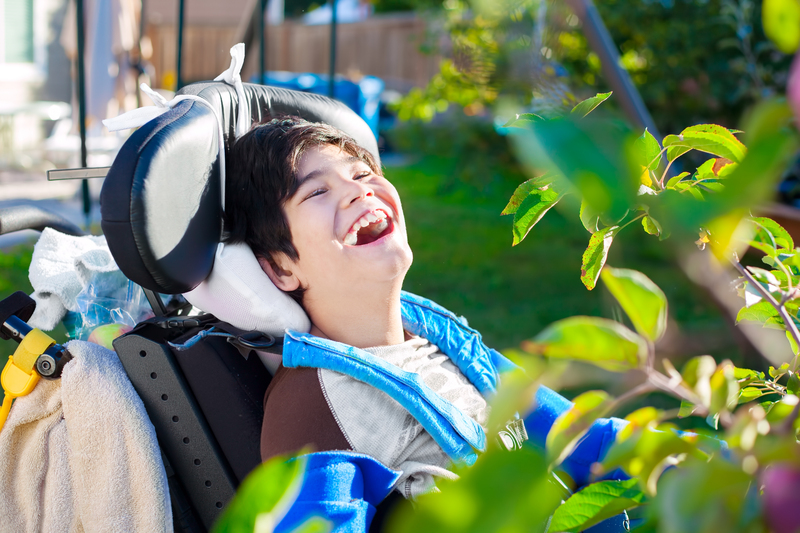
Special Interest Groups
The Allergy SIG supports paediatric services in providing allergy services to children and youth. The SIG develops resources to assist with the investigation and management of children and youth with allergic conditions.
Co-Chairs: Tom Townend & Annaliesse Blincoe
The Cardiology SIG is a network to discuss issues of cardiologic interest, principally in relation to medications and revision of guidelines.
The Gastroenterology, Hepatology & Nutrition SIG provide a forum for society members with a clinical or research interest in Gastroenterology, Hepatology and Nutrition to develop policies and strategies consistent with the vision and objectives of the PSNZ. The SIG acts as a source of expertise on issues of Gastroenterology, Hepatology and Nutrition. The SIG assists in the co-ordination of services to children and young people across the country suffering disorders of the gastrointestinal tract (through the development of the child health network). The SIG advocates for children and young people on all issues related to their gastrointestinal health at a local, regional and national level.
Chair: Andrew Day
The Infection and Immunisation SIG is an active group including specialist infectious diseases paediatricians, general paediatricians, public health colleagues, antimicrobial pharmacists, microbiologists, general practitioners and immunisation advocates. We have strong links with the Immunisation Advisory Centre (IMAC) at the University of Auckland who work nationally as a service provider and research organisation around immunisation.
The Infection and Immunisation SIG organises face-to-face day meetings for education and advocacy purposes covering diverse topics such as antimicrobial stewardship, new immunisations and paediatric virology; Run workshop days prior to the Annual Paediatric Society Meeting; Provide response to PHARMAC around appropriate access for anti-infective’s in all formulations for children, national immunisation schedule changes and funding for vaccines for special groups; Create Paediatric Society Position statements for example on necessity of universal rotavirus vaccine for NZ (2012); Feed back on MOH initiatives e.g.: National Sore Throat guidelines, Antimicrobial Resistance Strategy; and detect outbreaks of novel infectious agents in NZ by astute observations by members.
Chair: Hazel Dobinson
A new Special Interest Group from the Paediatric Society of New Zealand, in partnership with the Specialist Paediatric Dentists of New Zealand, bringing together health professionals across disciplines to champion tamariki oral health through connection, education, and collaboration.
Co-Chairs: John Thompson and Arun Natarajan
The Pharmacist and Therapeutics SIG membership is mainly paediatric pharmacists across New Zealand but we do have the support of Paediatricians. We discuss current issues relating to accessibility and appropriateness of medicines for children nationally both within hospitals and in the community. We liaise with regulatory bodies such as Medsafe and PHARMAC to ensure our voice is heard on medicine-related matters to advocate for improvements in formulations, availability and funding of medicines for children. The P&T SIG hosts teleconferences 3-4 times per year with invited guests from PHARMAC, NZF for children and MERP where appropriate.
Chair: Louise McDermott